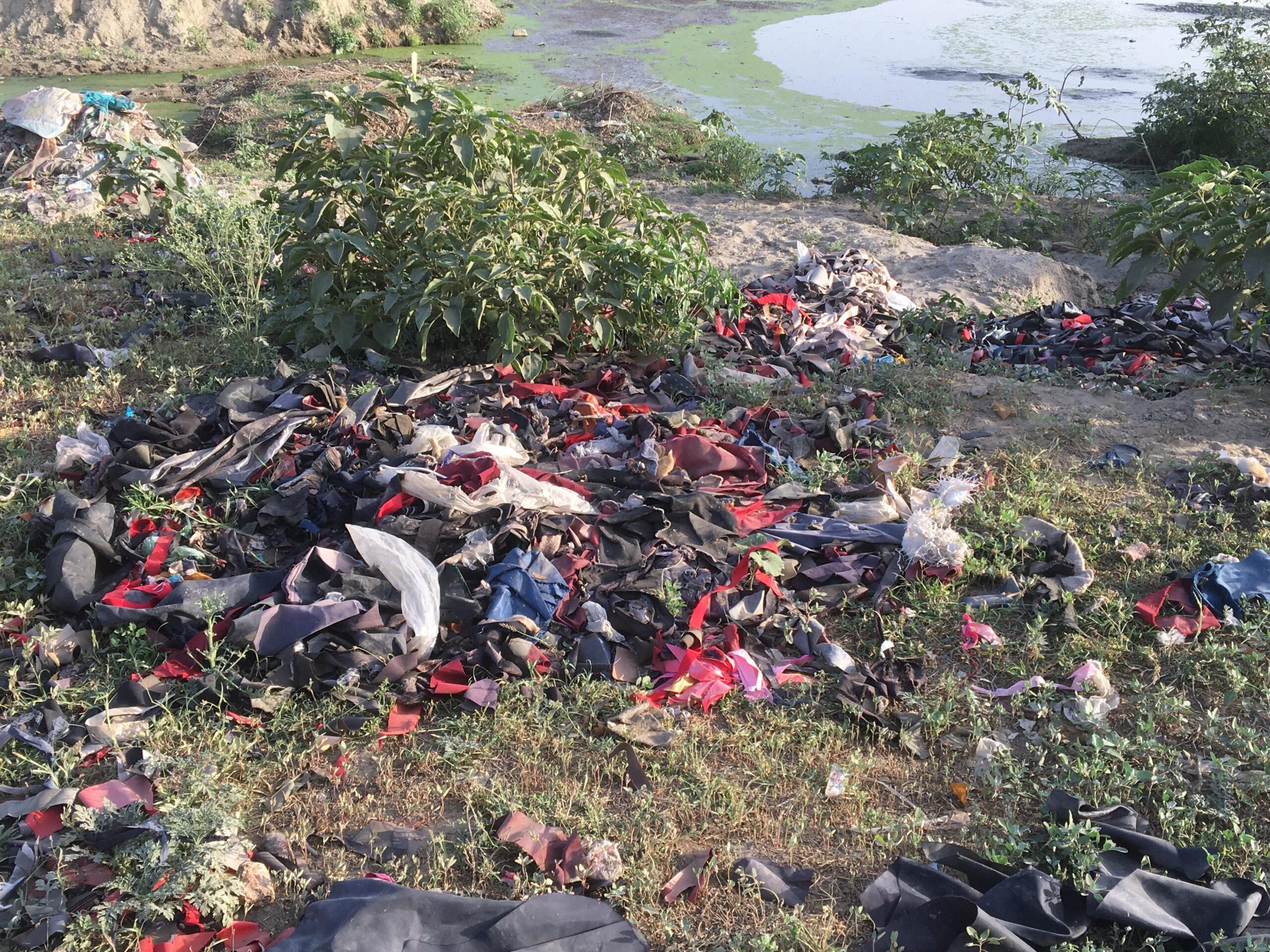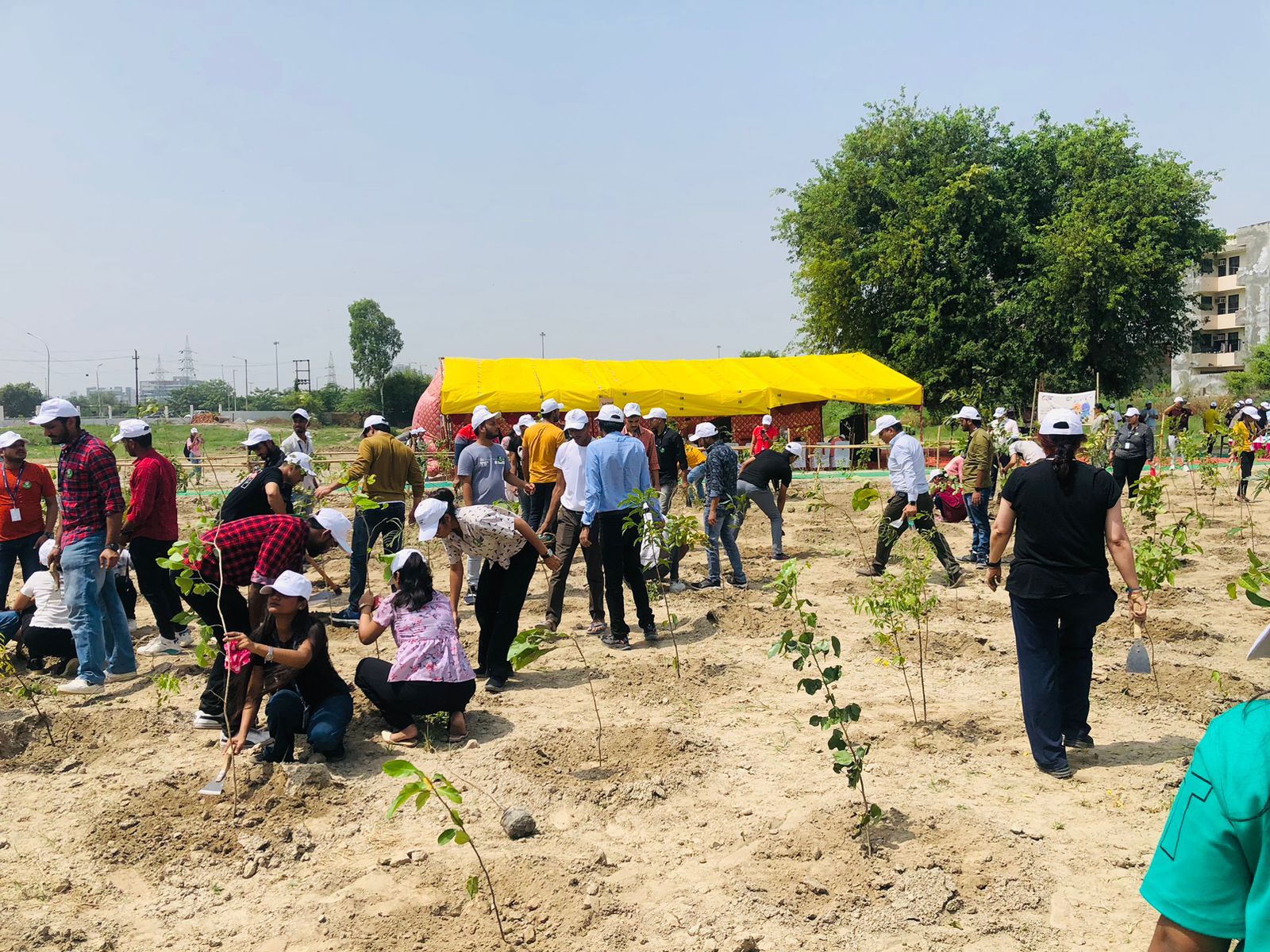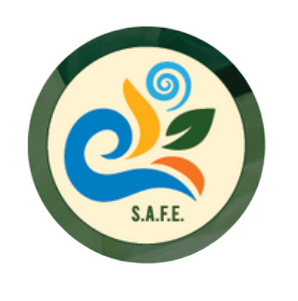On Going Projects
Initiated by SAFE
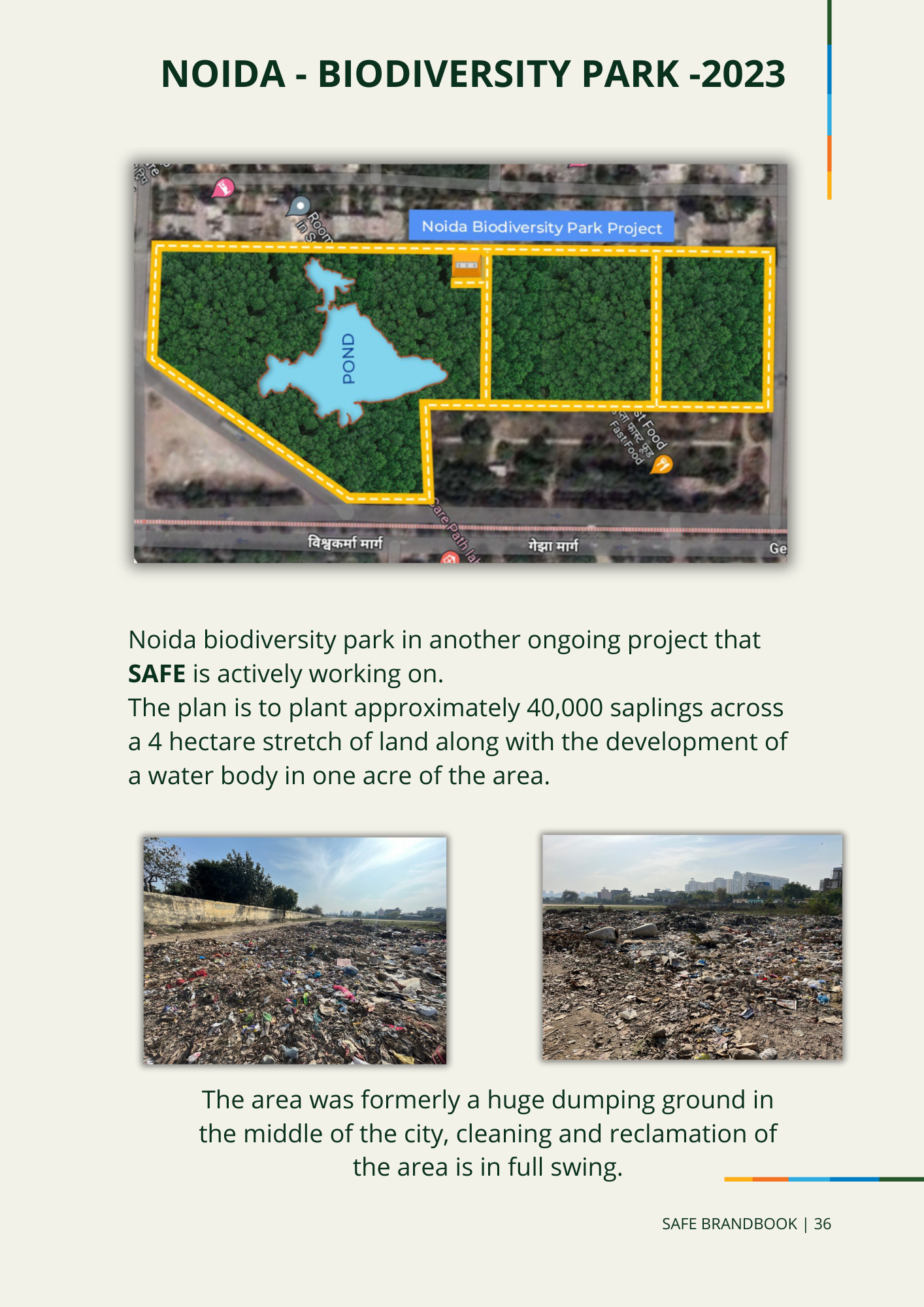
Noida Biodiversity Park Project
Objective: The Noida Biodiversity Park Project is an ambitious endeavor to protect and restore the region’s rich biodiversity. The overarching goal is to create a thriving ecosystem that not only supports native plants and animals but also serves as a center for environmental education and awareness.
Activities: This project involves extensive habitat restoration efforts, which
include removing invasive species, reintroducing native plants, and creating suitable habitats for local wildlife. Moreover, it hosts educational programs such as guided nature walks, bird-watching events, and workshops to inform the public about the significance of biodiversity conservation.
Impact: By preserving and enhancing the local biodiversity, this project
contributes to ecosystem stability, pollinator health, and overall environmental resilience.
Noida Lake Restoration Project
Objective: The Noida Lake Restoration Project is dedicated to the rejuvenation and maintenance of Noida’s lakes. Its primary aim is to rehabilitate these aquatic ecosystems, improving water quality and ensuring that the surrounding areas become vibrant public spaces.
Activities: Key activities include regular water quality assessments, cleaning
and de-silting of lakes, and habitat creation for aquatic life. Additionally, the project actively engages the community in lake clean-up drives and encourages responsible lake use through awareness campaigns.
Impact: By restoring these urban oases, the project not only enhances the quality of life for local residents but also promotes the well-being of aquatic species and fosters a sense of stewardship among the community.
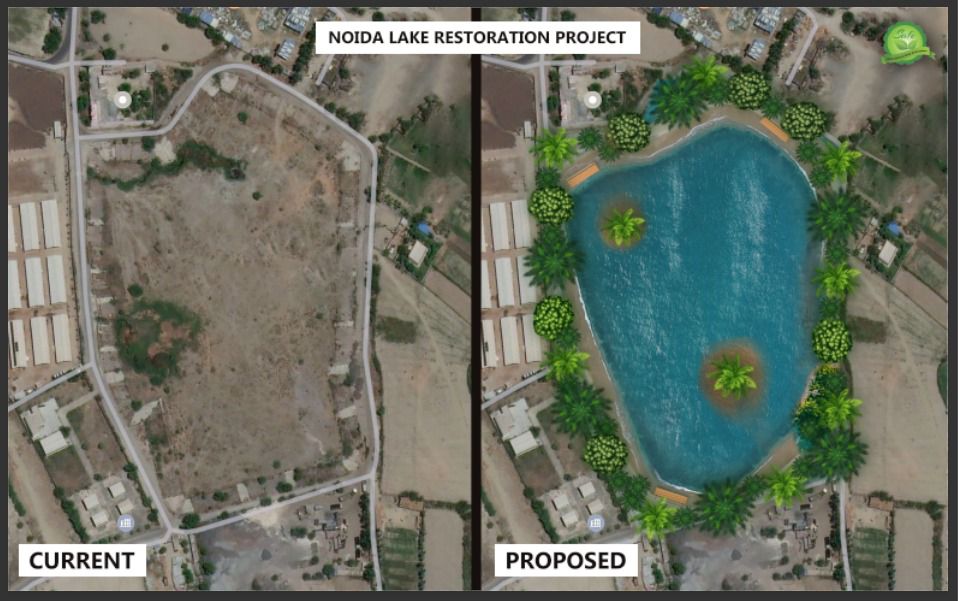
Noida - Gr. Noida Environment Management Plan
Objective: This comprehensive plan addresses a spectrum of environmental challenges in the Noida-Greater Noida region. It strives to improve air and water quality, manage river systems (Hindan and Yamuna), promote rainwater harvesting, and better manage groundwater resources.
Activities: The plan involves continuous monitoring of air and water quality, river clean-up campaigns, installation of rainwater harvesting systems in public and private spaces, and educational workshops on water conservation. It encourages community participation in these efforts.
Impact: The plan seeks to mitigate environmental degradation and enhance the region’s resilience against climate change, resulting in healthier ecosystems and improved living conditions.
7 Plants per Person
Campaign
Objective: The “7 Plants per Person” Campaign inspires individuals to actively contribute to afforestation. It encourages every person to plant and care for at least seven trees, fostering a sense of personal responsibility for the environment.
Activities: The campaign includes tree planting events, workshops on tree care and maintenance, and the distribution of saplings to communities. It also emphasizes the importance of nurturing these trees throughout their growth.
Impact: The campaign not only contributes to increased green cover but also nurtures a culture of environmental stewardship, making individuals feel personally invested in the health of their local environment.
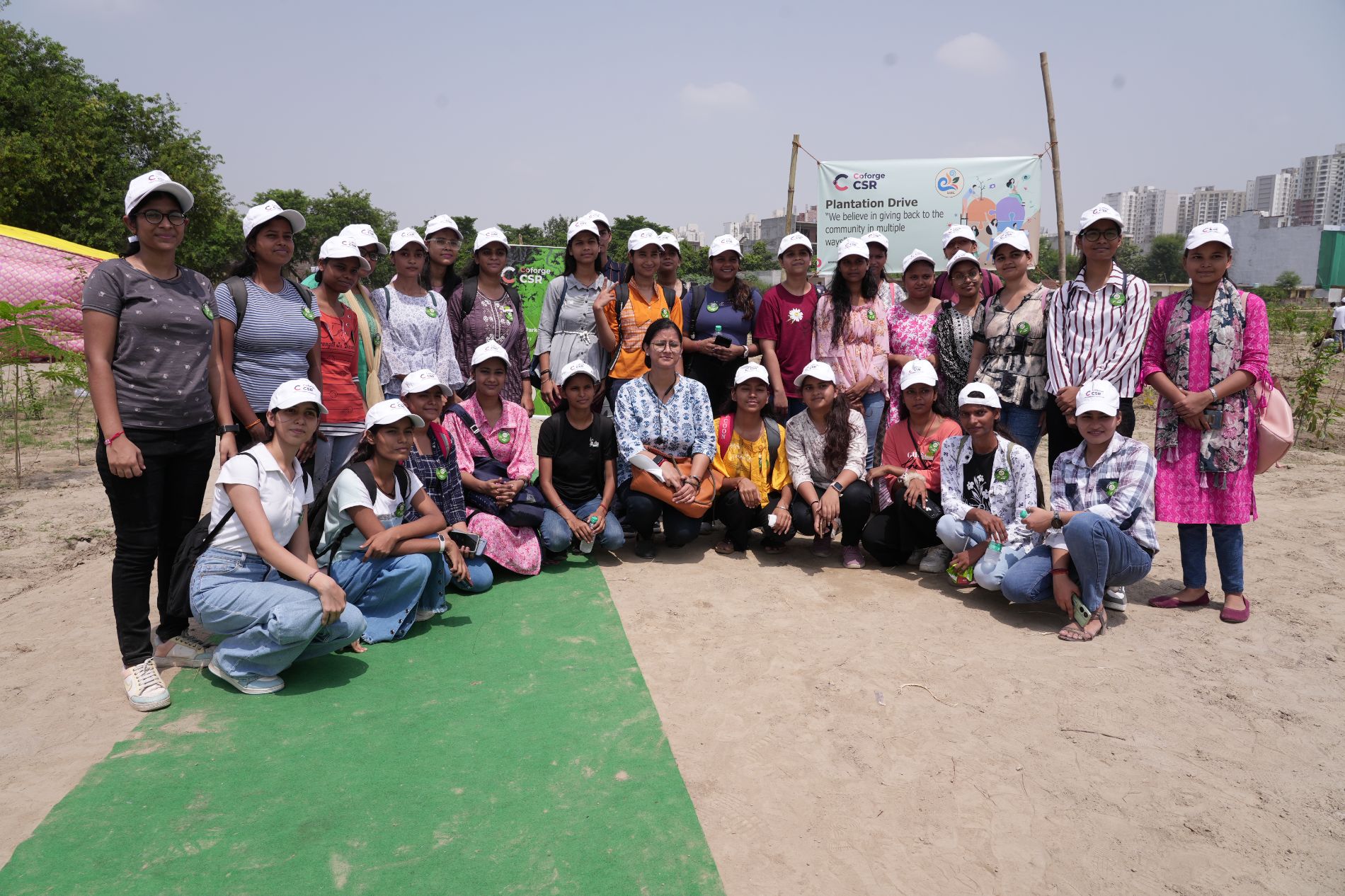
Climate Chaupal
Objective: Climate Chaupal serves as an open platform for discussions and knowledge-sharing related to climate change. It aims to build community resilience by promoting sustainable practices and addressing local climate challenges.
Activities: Climate Chaupal conducts climate awareness seminars, workshops on climate adaptation and mitigation, and community dialogues. It encourages local residents to actively engage in the development of climate action plans tailored to their region.
Impact: By raising awareness and fostering community-driven solutions, this initiative strengthens local resilience to climate change and promotes a more sustainable way of living.
Environment Education
Objective: SAFE’S commitment to environmental education takes various forms, including nature walks, birdhouse making workshops, and other hands- on experiences. The objective is to cultivate an appreciation for nature and wildlife among all age groups.
Activities: SAFE organizes guided nature walks in local parks, conducts workshops on constructing birdhouses, and offers educational programs for schools and communities. These activities help participants connect with nature, fostering a deeper understanding of the environment.
Impact: Environment education programs empower individuals with
knowledge and skills to become informed environmental stewards, leading to greater conservation efforts and a more environmentally conscious society.
